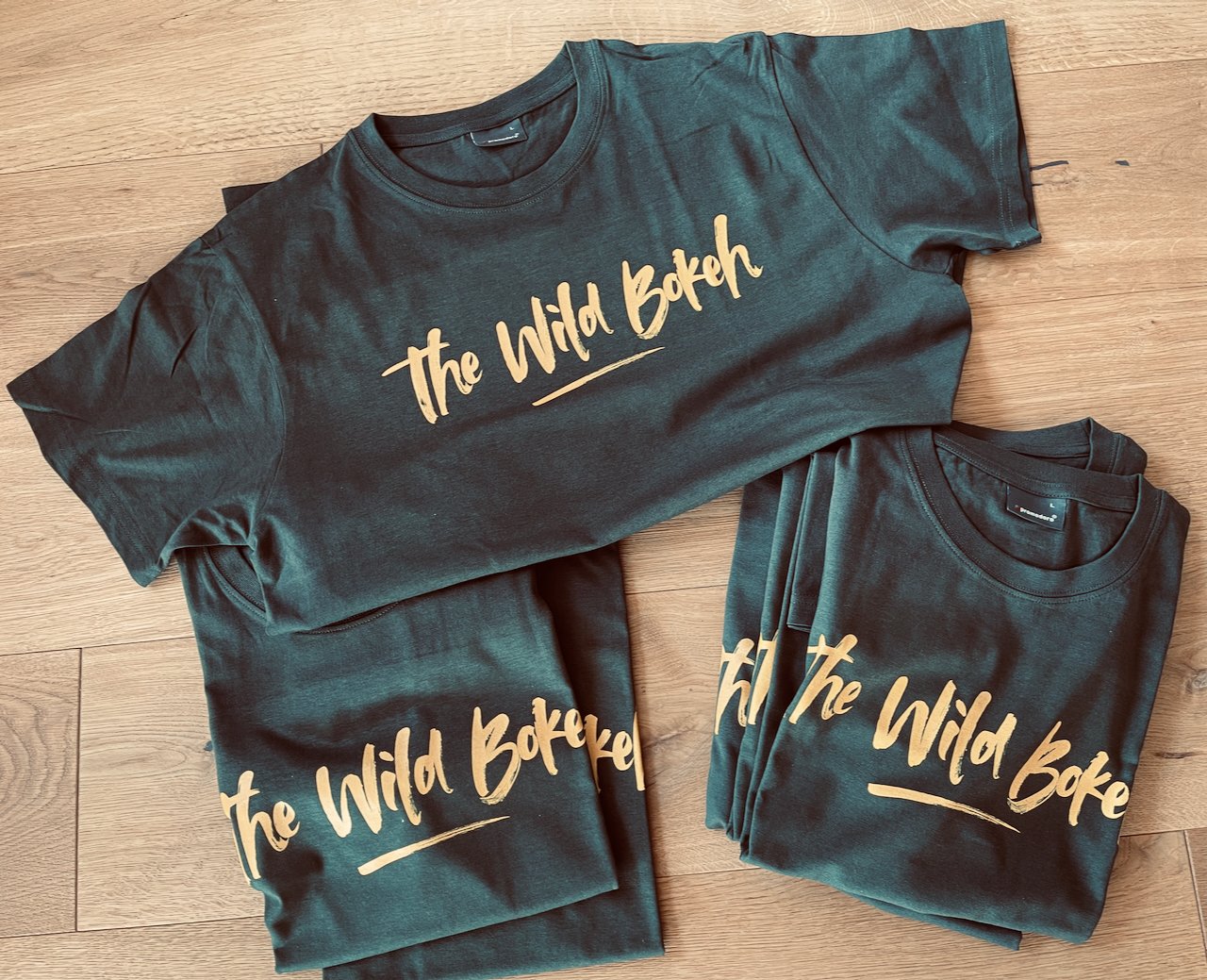“During numerous stays as a photographer and volunteer in southern Africa, I have experienced much suffering among the wild animals. The decision to found The Wild Bokeh wildlife trust was a dramatic event with three African Wild Dogs shot by poachers during a volunteer project at Naankuse Wildlife Sanctuary in Namibia.”
Most of my current documentaries are produced by The Wild Bokeh. All YouTube advertising revenue from these films goes back into our Wildlife Trust.
Roland Steffen, Wildlife Photographer, Filmmaker & Founder of The Wild Bokeh wildlife trust
The Wild Bokeh is a wildlife trust and founded in 2020 by Roland Steffen, Wildlife Photographer & Filmmaker.
We are an independent NGO wildlife trust supporting several wildlife projects in
South Africa, Namibia, Kenia, Tansania, Botswana and Zimbabwe.
We exclusively support wildlife projects for African Wild Dogs.
All income from our film projects goes to The Wild Bokeh Wildlife Trust.
The Wild Bokeh is founded in 2020 by Roland Steffen, Wildlife Photographer
„In the end, we will conserve only what we love; we will love only what we understand and we will understand only what we are taught“
What is the African wild dog?
The African wild dog is known by many names, including Cape hunting dog or painted dog. Its scientific name, Lycaon pictus, means “painted wolf,” referring to the animal's irregular, mottled coat, which features patches of red, black, brown, white, and yellow fur. Each animal has its own unique coat pattern, and all have big, rounded ears.
These long-legged canines have only four toes per foot, unlike other dogs, which have five toes on their forefeet.
COMMON NAME: African wild dogs
SCIENTIFIC NAME: Lycaon pictus
TYPE: Mammals
DIET: Carnivore
GROUP NAME: Pack
AVERAGE LIFE SPAN IN THE WILD: Up to 11 years
SIZE: 29.5 to 43 inches
WEIGHT: 39.5 to 79 pounds
Habitat
Though they were once found throughout the continent—from desert to mountain habitats—African wild dogs have disappeared from most of their geographic range. These days, African wild dogs typically roam the open plains and sparse woodlands of sub-Saharan Africa. Their largest populations can be found in Botswana, Zimbabwe, Namibia, Zambia, Tanzania, and Mozambique.
Pack behavior and hunting
African wild dogs live in packs that are usually dominated by a monogamous breeding pair. The female has a litter of two to 20 pups, which are cared for by the entire pack. These dogs are very social, and packs have been known to share food and to assist weak or ill members. Social interactions are common, and the dogs communicate by touch, actions, and vocalizations.
African wild dogs hunt in formidable, cooperative packs of six to 20 (or more) animals. Larger packs were more common before the dogs became endangered. Packs hunt antelopes and will also tackle much larger prey, such as wildebeests, particularly if their quarry is ill or injured. The dogs supplement their diet with rodents and birds. As human settlements expand, the dogs have sometimes developed a taste for livestock, though significant damage is rare and most dogs prefer wild prey.
Threats to survival
Unfortunately, African wild dogs are often hunted and killed by farmers who fear for their livestock. They are also threatened by shrinking space to roam in their African home as well as their susceptibility to diseases like rabies and canine distemper. The International Union for Conservation of Nature reports that the population level of African wild dogs fluctuates but is in a likely irreversible decline, which is why it considers this species to be endangered.
Remaining areas (coloured brown) in Africa where African Wild Dogs can still be seen. The International Union for Conservation of Nature reports that the population level of African wild dogs fluctuates but is in a likely irreversible decline, which is why it considers this species to be endangered.
Conservation
African wild dogs are among the many species that benefit from the creation of protected wildlife corridors that help connect their increasingly fragmented habitats. Conservation groups are also working on initiatives that reduce conflict between humans and African wild dogs. These include awareness initiatives that dispel myths about the animals as well as educational initiations that offer farmers training in livestock management techniques that prevent depredation.
National Geographic grantee Rosemary Groom is among the many advocates who are working to ensure the continued survival of African wild dogs.
(source: National Geographic)
Photographer: Roland Steffen - Pictures not to be used without my explicit permission.
Why are African Wild Dogs so Endangered?
African Wild Dogs are endangered mostly due to ongoing habitat fragmentation, conflict with human activities and infectious disease. The estimated decline in African Wild Dog population size can be uncertain due to the species’ tendency to population fluctuations. However, what is certain is that African Wild Dogs are the second most endangered carnivore in Africa after the Ethiopian Wolf. In South Africa, we have fewer than 550 roaming our wild spaces and only 39 distinct sub-populations left in Africa. African Wild Dogs need large areas to support themselves and for populations to be genetically diverse and sustainable.
Which wildlife organisations do we support
We use our donations selectively with organisations that we know personally and we can be sure that the money will be used directly to protect the animals. We are currently looking into a project from National Geographic, led by biologist Rosemary J. Groom in Zimbabwe.














